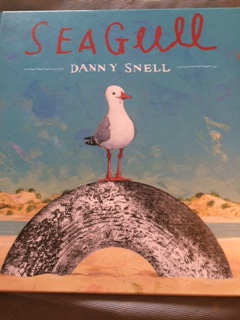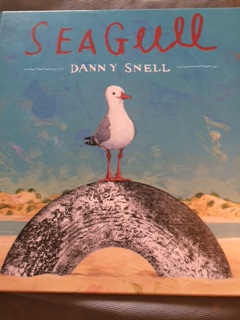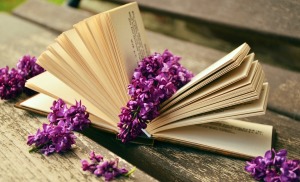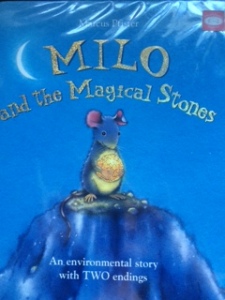We see Seagulls around most places by the sea. The fly gracefully yet also hang around fish and chip devouring visitors! They can be a beauty to watch but also an annoyance when you want to eat.

Seagull by Danny Snell brings to light a pertinent issue while linking in a bird that we all know of. Linking in this well – known bird allows the reader to make real connections to the plight of many birds and sea creatures who become tangled in the rubbish we leave behind on a daily basis.
Seagull by Danny Snell tells the tale of a seagull who become tangled in fishing wire and other rubbish. She seeks help from other animals who try to release her but cannot. However, as the day wears on the caring nature of a young boy is displayed and she can be freed – there is hope.
This is a gently written and beautifully illustrated story that allows for many conversations and lesson starters.
How can we limit the amount of rubbish we produce each day
- Students can keep a rubbish diary
- Create ideas to lessen the amount of waste they produce each day.
- Examine their own local environment and the amount of rubbish they can find that is lying around.
- Alternative uses for waste apart from the tip. See Reverse Garbage in Marrickville, Sydney.
- Look at the waste in your own bin – can any of this be reused? Can it be recycled? Can it be upcycled?
- What about our homes & toys? Allow children to look at the toys they have – how many are these harmful to the environment? What can we do instead of always buying more toys? Laura Trotta has some great ideas.
How can we manage natural places?
- Create signs to show where bins are & the differences between these bins.
- List the importance of natural environments. Consider the ramifications of destruction of these natural places. Create artwork that shows a natural environment of the future if care is not taken.
Seagull by Danny Snell is a quiet book, the pictures capture the imagination and the care that each character in the story displays is heartwarming. Both my children enjoyed reading this book and talking about how we can make some small differences in our lives.
Happy reading!
Instagram: flickingonthebook
Twitter:vanessaryanr
Facebook: Flicking on the book
Links to the curriculum:
Humanities and Social Studies links:
Stage One
The natural, managed and constructed features of places, their location, how they change and how they can be cared for (ACHASSK031)
Reflect on learning to propose how to care for places and sites that are important or significant (ACHASSI026)
Stage Two
Reflect on learning to propose actions in response to an issue or challenge and consider possible effects of proposed actions (ACHASSI060)
The importance of environments, including natural vegetation, to animals and people (ACHASSK088)
The use and management of natural resources and waste, and the different views on how to do this sustainably (ACHASSK090)


